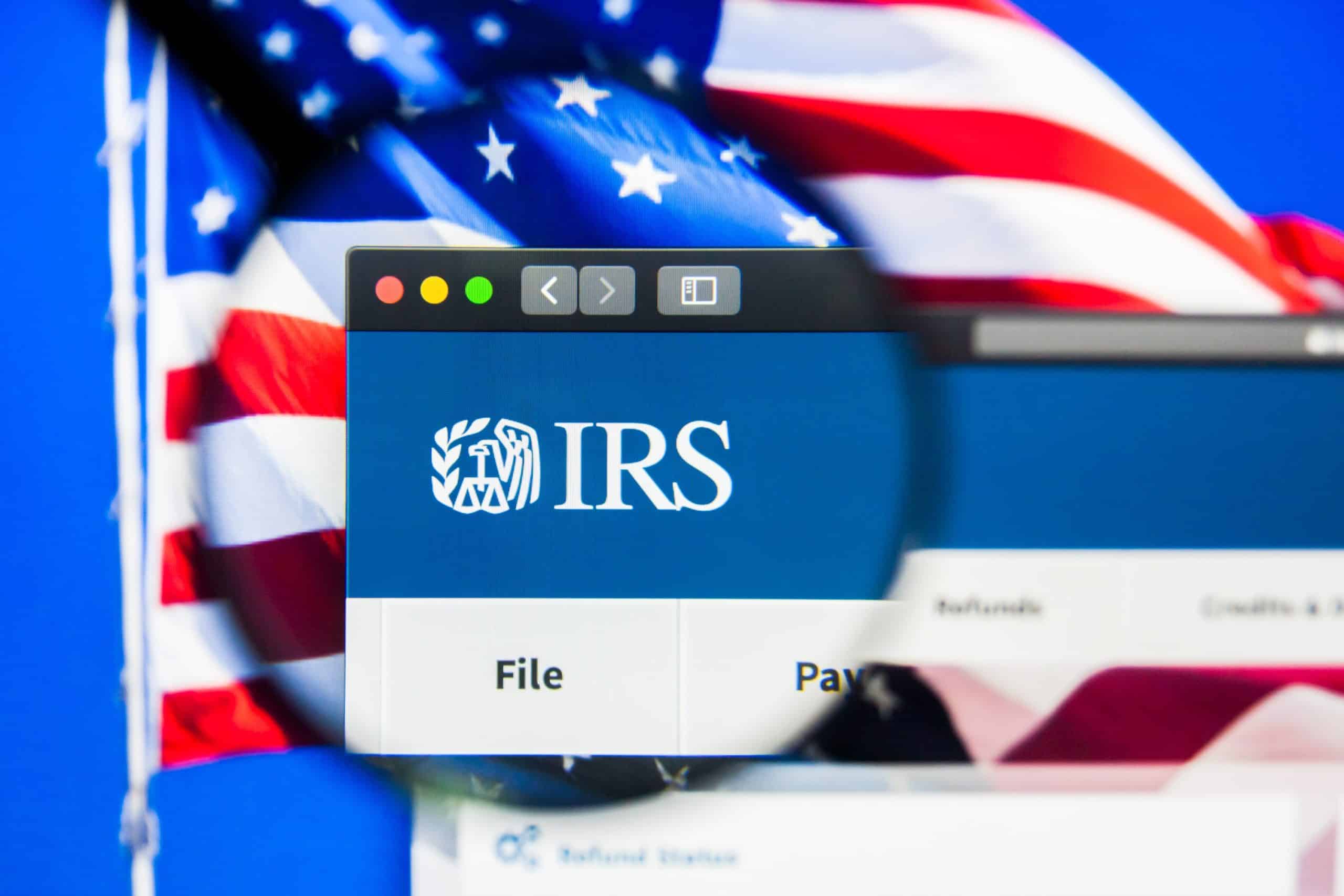The Internal Revenue Service (IRS) has announced that it will not enforce a controversial new rule that requires taxpayers to report crypto transactions of $10,000 or more within 15 days for the time being. Critics called the rule short-sighted and ignorant, arguing that it would be simply impossible for many businesses to comply.
This decision comes amidst a backdrop of confusion and concern in the US crypto industry regarding the new law, which mandates reporting extensive information relating to any business-related crypto transactions over $10,000, similar to cash transactions. It requires businesses to report the payer’s personal information like name, address, and social security number, to the IRS.
The rule in question, passed as part of the Infrastructure Investment and Jobs Act (IIJ Act), technically came into effect on January 1, 2024.
The law’s ambiguity caused widespread apprehension, with fears of potential felony charges for non-compliance.
Crypto Businesses Relieved By IRS Clarification
In response to the growing concerns, the IRS, together with the Treasury Department, issued a joint statement clarifying the current status of the law. They stated that businesses do not have to report the receipt of digital assets in the same manner as cash transactions until further regulations are issued.
This statement aligns with the viewpoints of policy and tax experts who had been asserting that enforcement of this law would require a period of public comment and review, potentially lasting years.
The IRS’s decision to step back from immediate enforcement of the rule offers temporary relief to US businesses and crypto users.
Many crypto businesses in the US were starting to panic over the new rule because they simply don’t have the capability to report payers’ personal details. The decentralized nature of the crypto market that allows anyone and everyone to make use of it makes it impossible for businesses to collect and report personal information.
The new rule would have forced decentralized crypto platforms to verify the identity of everyone that uses them with extremely personal details like their social security numbers or risk felony charges, eliminating many of the technology’s greatest benefits.
This move has been welcomed by crypto advocacy groups, including Coin Center, which had previously sued the Treasury Department and the IRS, arguing that the statute is unconstitutional.
Glad to see the IRS has belatedly listened to us and recognized the impossibility of complying with 6050I using crypto, but its statement on the matter is baffling. They state that the new crypto reporting obligations in the Infrastructure Investment and Jobs Act “requires the…
— Jerry Brito (@jerrybrito) January 16, 2024
It’s important to note that the rule wasn’t struck down by any means. It just isn’t being enforced yet. It may eventually be reinstated as is, dealing a devastating blow to the US crypto market.
Awaiting Future Regulations: IRS’s Plan for Public Engagement
The IRS has not specified a timeline for issuing new regulations detailing how US businesses must report cryptocurrency transactions.
However, the agency has indicated that it will allow public comment on the forthcoming regulations, suggesting an inclusive approach towards finalizing the regulatory framework.
This development is part of a larger narrative surrounding the taxation of cryptocurrencies in the United States.
The IRS’s decision to waive the standard “failure to pay” penalty for tax filers who haven’t paid their 2020 or 2021 taxes, including those who failed to report crypto transactions, highlights the evolving roller-coaster ride that is US crypto taxation.
The Bottom Line: A Respite but Questions Remain
While the IRS’s decision not to enforce the $10K crypto tax rule for now provides temporary relief, it leaves many questions unanswered about the future of cryptocurrency reporting and taxation. This simple rule could land a deathblow to the US cryptocurrency scene, driving all major crypto companies elsewhere.
The crypto community and businesses are advised to stay informed and prepare for eventual compliance with the emerging regulations, the IRS’s openness to public feedback presents an opportunity for stakeholders to shape a practical and fair approach to cryptocurrency taxation.
